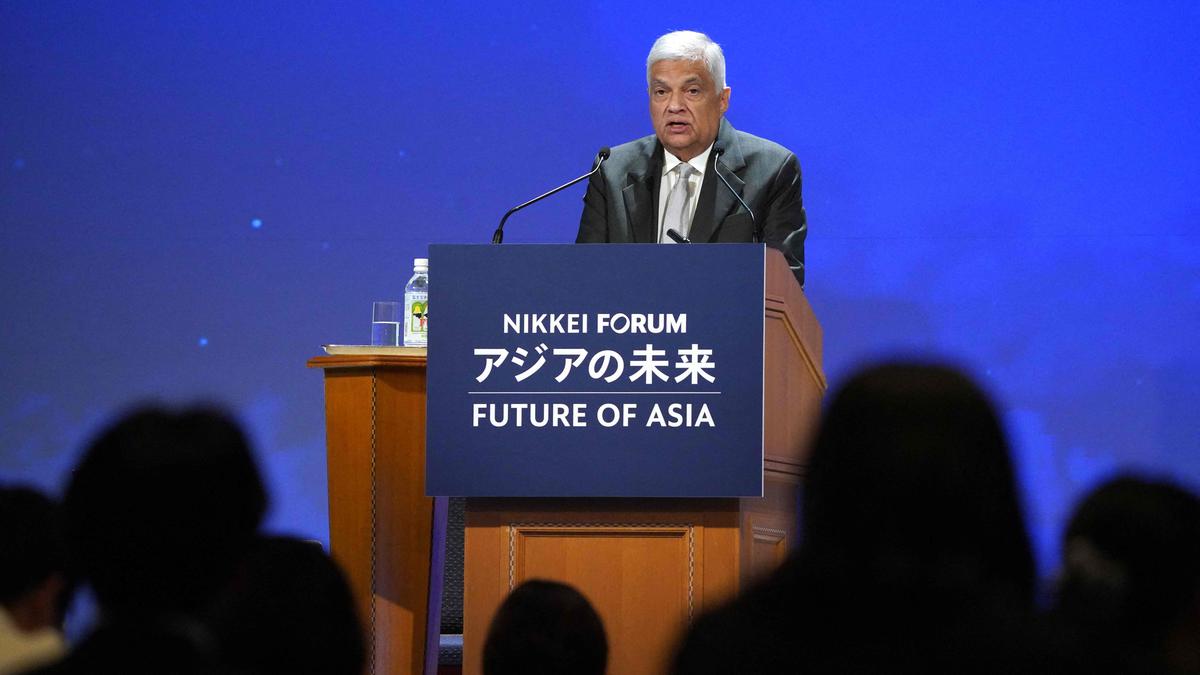
Introduction
In recent months, Sri Lanka has faced growing concerns over its accountability and human rights record. A senior United Nations (U.N.) official has highlighted the “accountability deficit” in the country, pointing to the use of draconian laws to curtail opposition and control civic space. This article delves into the challenges Sri Lanka faces in addressing its past and emphasizes the importance of accountability for genuine reconciliation and sustainable peace.
1. The Fundamental Gap in Dealing with the Past
Accountability remains the fundamental gap in Sri Lanka’s efforts to come to terms with its history. The country has experienced a long and painful civil war, which lasted for nearly three decades. However, progress in addressing past human rights abuses has been slow, impeding the reconciliation process.
2. Emergence of Draconian Laws
Over the past few months, there has been a troubling resurgence of draconian laws in Sri Lanka. These laws are being used to curtail opposition and restrict civic space. The U.N. official’s statement highlights the reemergence of an alarming trend that undermines democracy and hampers efforts towards accountability and reconciliation.
3. Impunity and its Consequences
Impunity poses a significant obstacle to genuine reconciliation and sustainable peace in Sri Lanka. When individuals responsible for human rights violations are not held accountable, it sends a message that such actions will go unpunished. This fosters a culture of impunity and undermines the trust necessary for healing and rebuilding society.
4. The Role of Accountability
Accountability is crucial in the pursuit of genuine reconciliation and lasting peace. It involves investigating and prosecuting those responsible for human rights abuses, irrespective of their position or affiliation. By holding perpetrators accountable, a clear message is sent that such violations will not be tolerated.

5. Obstacles to Accountability
Several obstacles hinder the progress of accountability efforts in Sri Lanka. These include political challenges, lack of cooperation, and institutional weaknesses. It is essential to address these obstacles to ensure that accountability becomes a reality and not just a rhetoric.
6. International Support and Engagement
International support and engagement play a vital role in promoting accountability and reconciliation in Sri Lanka. The U.N. official’s remarks highlight the need for continued international pressure and assistance to address the accountability deficit. Collaborative efforts can help strengthen local institutions and processes for achieving justice and healing.
7. Reconciliation and Sustainable Peace
Genuine reconciliation is built on a foundation of truth, justice, and healing. It involves acknowledging the past, addressing grievances, and fostering an inclusive society. Sustainable peace can only be achieved when all communities feel valued, respected, and safe within their country.
8. The Way Forward
To overcome the accountability deficit, Sri Lanka needs to take decisive steps. This includes creating an environment conducive to truth-seeking, establishing independent and effective mechanisms for investigations, and ensuring the protection of witnesses and victims. Additionally, the country must promote dialogue, inclusivity, and national unity.
9. Conclusion
The “accountability deficit” in Sri Lanka hampers the country’s progress towards genuine reconciliation and sustainable peace. The use of draconian laws to curtail opposition and control civic space further exacerbates the situation. It is crucial for Sri Lanka to prioritize accountability, address past human rights abuses, and establish a culture of justice and healing. Only then can the country move forward and build a prosperous and inclusive future for all its citizens.









